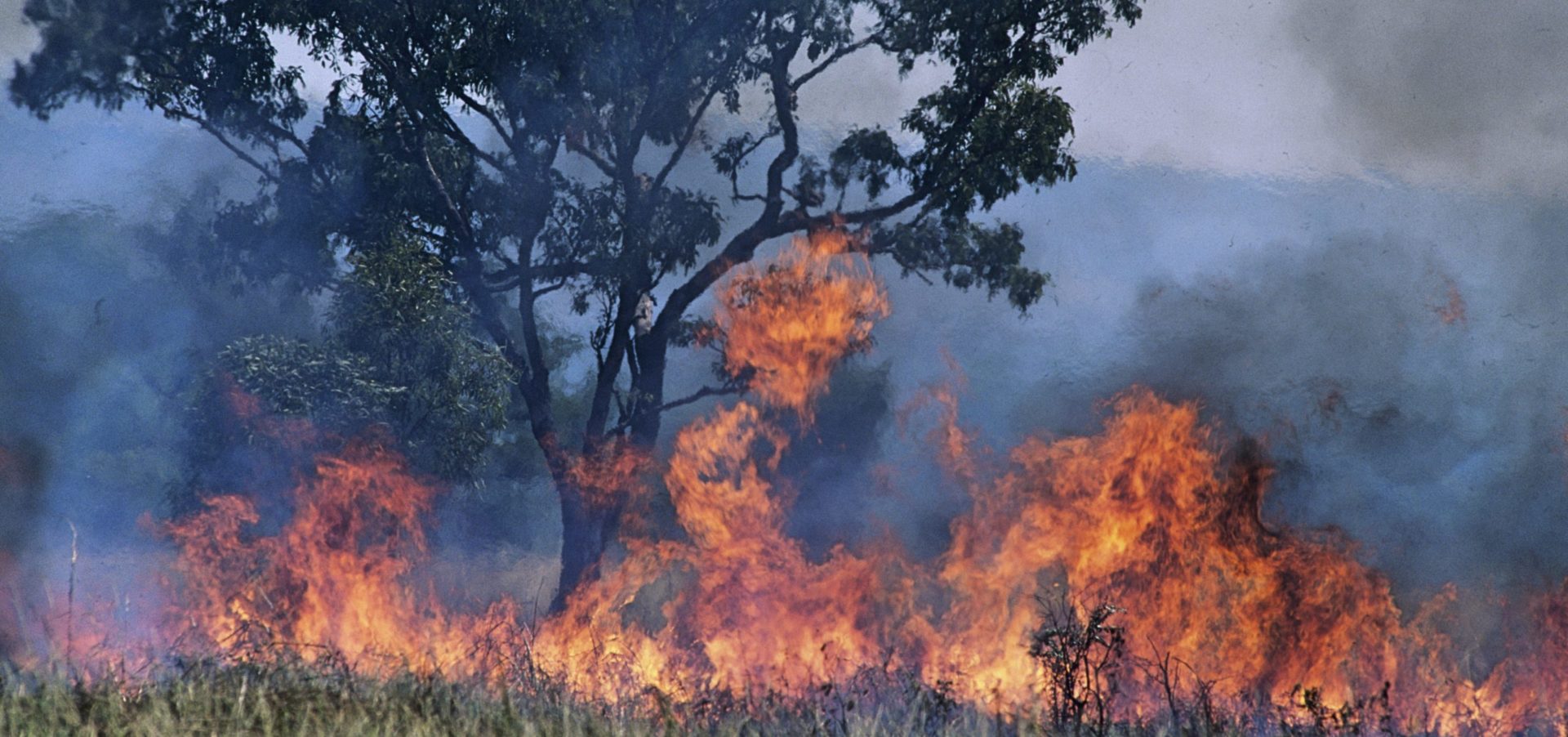Lung Foundation Australia supports the call for further research into the long-term effects of smoke pollution, as well as the establishment of an independent national expert committee on air pollution and health protection to provide health advice to Australians during high pollution events.
In a Perspective published online today by the Medical Journal of Australia, Professor of Global Environmental Health at the National Centre for Epidemiology and Population Health, Australian National University, Professor Sotiris Vardoulakis called for an independent national expert committee to be established.
During the recent bushfire crisis, air quality across the country reached hazardous conditions according to The World Air Quality Index, with air quality in major metropolitan cities being compared to the poor conditions seen in Beijing. In fact, on January 3rd Canberra air quality was rated the third worst of all major global cities, according to Swiss-based group AirVisual. [i]
While the long-term effects of bushfire smoke and the resulting quality of air are currently unknown, it’s clear poor conditions have a magnifying effect on the health, wellbeing and quality of life of people living with respiratory health problems and lung disease.
Bushfire smoke contains hundreds of different components, however it’s the fine particulate matter, known as PM2.5, that can penetrate deep into the lungs and be absorbed into the bloodstream. Research has shown that increases in PM2.5 from bushfire smoke are associated with increased intensity and frequency of disease symptoms, increased use of asthma medication and increased respiratory hospital emergency admissions. [ii]
Lung Foundation Australia CEO Mark Brooke says this summer clearly demonstrated that the quality of Australia’s air is critical to our way of life and that many Australians, are deeply concerned about air quality.
“What the last 3-4 months have shown is that there is not a great deal of understanding about the impact of poor air quality and what that means for everyday Australians,” Mr Brooke said.
“We are calling on the Government to make a significant increase in air quality research and take practical steps to ensure that Australians have access to information about that air quality.”
A key recommendation outlined in the National Strategic Action Plan for Lung Conditions is to develop a national personalised air quality monitoring system to help individual Australians and policy makers understand current environmental conditions and breathe easier.
“A personalised air quality monitoring system would allow all Australians to have access to real time data around the quality of the air they’re currently breathing.”
Have your say
New South Wales Residents
NSW residents can make a submission to the NSW Upper House Committee which is conducting an inquiry into the health impacts of exposure to poor levels of air quality resulting from bushfires and drought. Lung Foundation Australia will make a submission. The NSW Upper House Committee is also seeking submissions from the general public, particularly individuals living with respiratory-related illness. The closing date for submissions is 13 March. To have your say, read the Terms of Reference and complete a submission, visit: https://bit.ly/2uWFBW7.
Helpful links
- ACT Air quality updates
- NSW Air quality updates
- NT Air quality updates
- QLD Air quality updates
- SA Air quality updates
- TAS Air quality updates
- VIC Air quality updates
- WA Air quality updates
[i] BBC News, 2020, Australia fires: A visual guide to the bushfire crisis, available: https://www.bbc.com/news/world-australia-50951043
[ii] Centre for Air pollution, energy and health Research, 2019, Bushfire smoke, available: https://www.car-cre.org.au/

